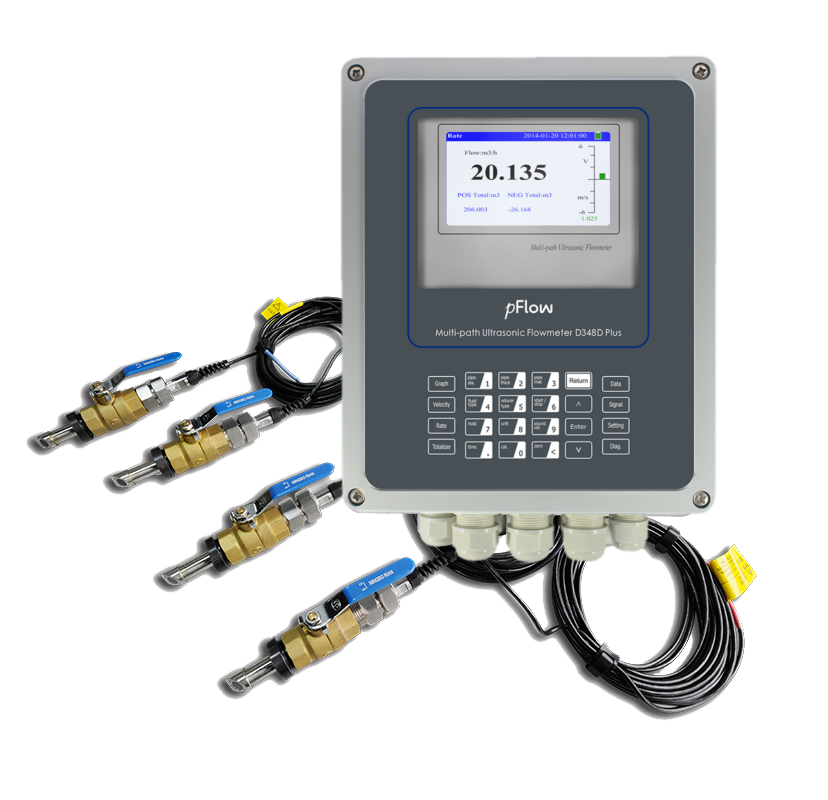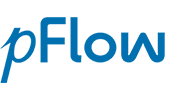Industrial wastewater treatment and reuse standards
The repetition rate of industrial water is an important indicator of my country's ecological city construction, and it is also a "green indicator" for measuring the performance of local officials. It has been included in the mandatory industrial wastewater treatment standards in many economically developed regions.
Take Guangdong Province as an example. The "Eleventh Five-Year Plan" of Environmental Protection and Ecological Construction of Guangdong Province clearly stipulates that the recycling rate of industrial water in the province will reach 34.4% in 2005, more than 65% in 2010, and more than 80% in Guangzhou, Shenzhen, Foshan, Zhaoqing and other cities. The "Outline of the Reform and Development Plan for the Pearl River Delta Region (2008-2020)" approved by the State Council further emphasizes the importance of total pollution control. Guangdong Province should actively explore local price and fiscal policies that are conducive to resource conservation and the development of circular economy. , To build a number of industrial parks that meet the requirements of circular economy development, and form an industrial chain for efficient and recycling use of resources. By 2020, the total amount of water use control and quota management will be implemented, and the repetition rate of industrial water use will reach 80%. Improving the efficiency of resource utilization, developing a circular economy, and establishing a conservation-oriented society have become the main axis of economic and social development in Guangdong Province, as well as assessment of governments at all levels Officials’ "green performance indicators", the focus of environmental protection work has changed from "achieving discharge standards" to "achieving total pollution discharge control and increasing the repetition rate of industrial water use." Many industrial enterprises have built sewage treatment systems that can only meet "standard discharges." "Requirements, but far from meeting the requirements of "reuse", printing and dyeing, papermaking and other water-consuming enterprises are struggling to find advanced sewage treatment and reuse technologies, which contains huge business opportunities.



